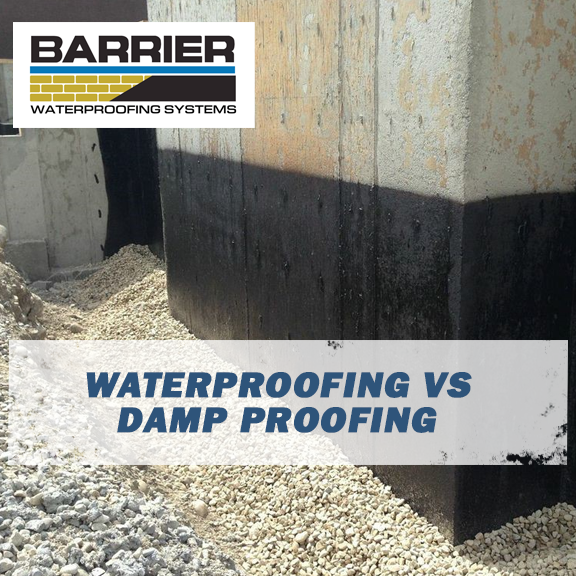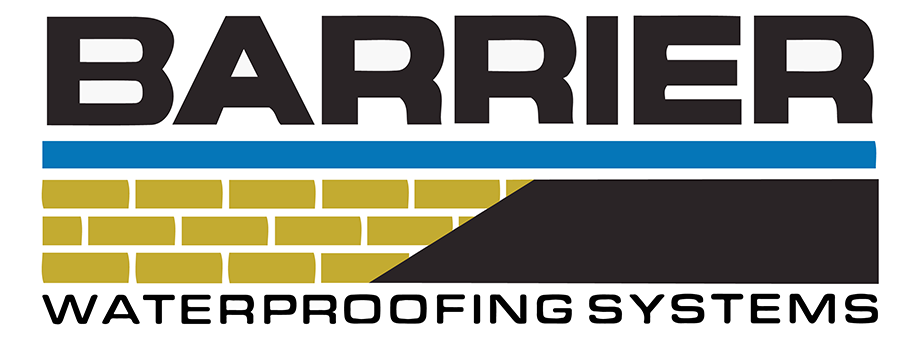Not all residential homes are required to have a measure of waterproofing in place to complete the construction properly. Some areas of the country are much more prone to moisture than others, and a variance of requirements are in place to address those differences and keep the moisture out. There have been some problems, however, with communications in some areas where requirements and practices overlap. This waterproofing vs damp proofing comparison can be seen when areas of the United States that need heavier waterproofing protection are being damp proofed with practices that do not hold up the same in that area as it would for others.
Damp proofing has been around for long enough, and does not last very long, that it renders older homes without the protection they would otherwise need. The damp proof could not have been fitted properly or have just become useless with age. (The average age of damp proofing is less than 2 years!) The effectiveness it has is poor due to it’s low resistance to hydrostatic pressure, otherwise known as standing water. Damp proofing has been implemented to the construction of residential homes as a more temporary solution for keeping the moisture out of their foundations but is not necessarily understood by many that it does not hold up to long term performance.
Waterproofing, on the other hand, is a modified polymer product applied to a building’s foundation walls and footing to prevent water from passing through the walls and into interior spaces. Waterproofing has excellent resistance to hydrostatic pressure and will stay pliable underground for a long period of time. Another factor that might affect the amount of damp proofing that is done when it might not be the best practice is the less expensive cost. A very important consideration for this factor is that as your home ages, the added cost of waterproofing is well worth the small price difference and pays for itself in a few years.
If your home has been damp proofed, it is important to keep track of how long it has been since the installation. As mentioned previously, damp proofing has a lifespan of about 2 years. It is quick to degrade underground and does not hold up to the expansion and contraction that foundations experience. We encourage you to visit our website for a more thorough comparison of Damp Proofing VS Waterproofing to help you make a an educated and effectual decision about keeping your home safe from moisture.
For more information, give us a call at (615) 257-1060 | (931) 536-1168, Barrier Waterproofing Systems.

